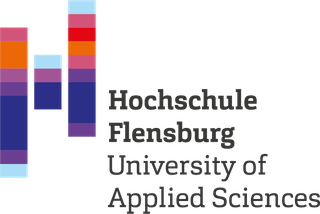Multiobjective Optimization of Control Trajectories for the Guidance of a Rail-Bound Vehicle
Geisler, J., Witting, K., Trächtler, A., & Dellnitz, M. (2008). Multiobjective Optimization of Control Trajectories for the Guidance of a Rail-Bound Vehicle. In Proceedings of the 17th IFAC World Congress. Seoul, Korea. http://doi.org/10.3182/20080706-5-KR-1001.00738 (Original work published Juli 2008)
